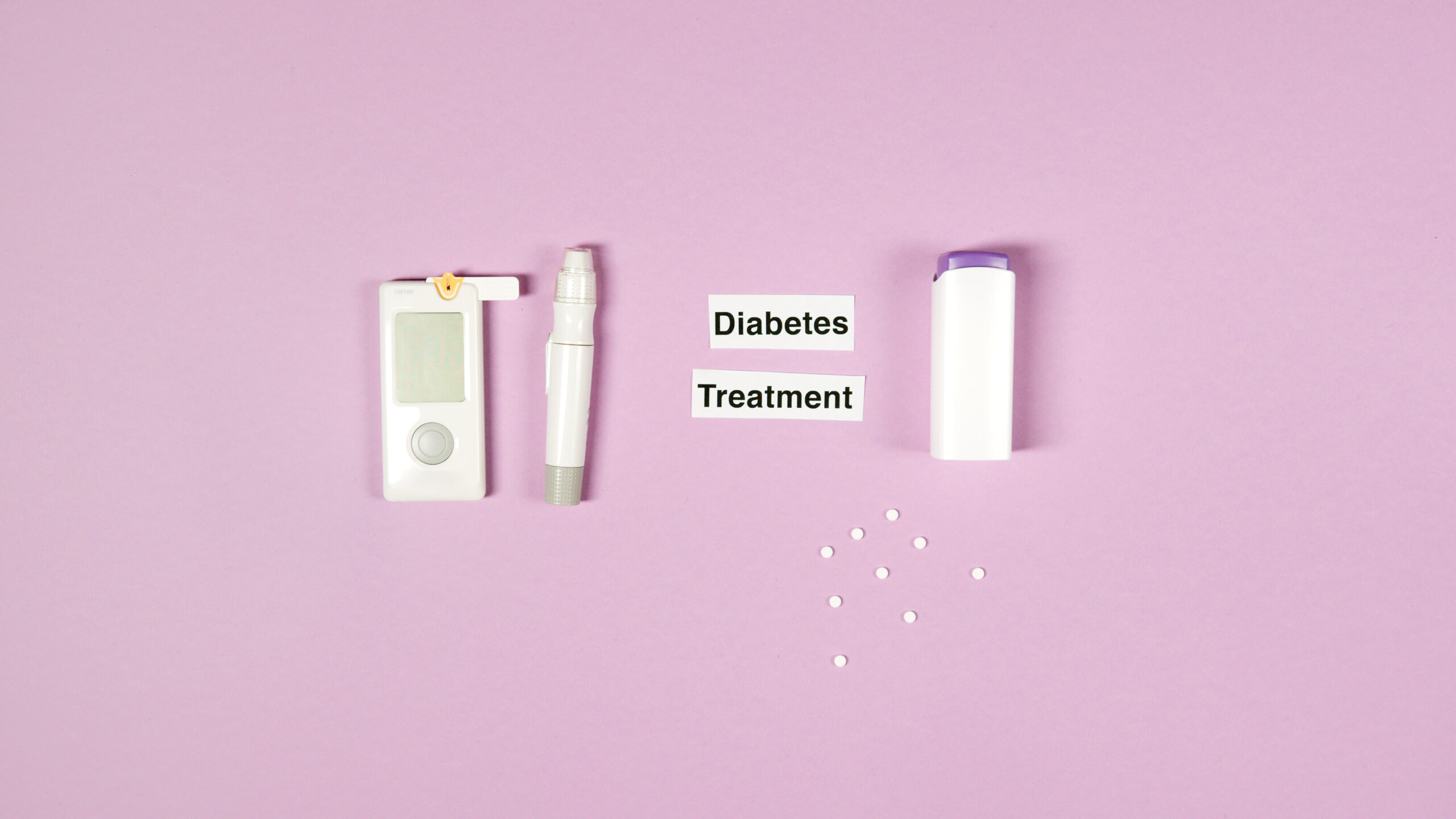What is the World Health Organization’s International Agency for Research on Cancer (IARC)?
Title: Exploring the World Health Organization’s International Agency for Research on Cancer (IARC)
Introduction:The fight against cancer is a global priority as this devastating disease continues to affect millions of lives worldwide. To combat this pressing issue, the World Health Organization (WHO) established the International Agency for Research on Cancer (IARC). In this blog post, we will delve into the significant role played by the IARC in researching and preventing cancer, as well as its impact on global public health.
Understanding the IARC:The International Agency for Research on Cancer (IARC) is an integral part of the WHO, specialized in cancer research. It was established in 1965 with a mission to promote international collaboration in cancer research, investigate the causes of cancer, and provide evidence-based strategies for its prevention. The IARC operates as an autonomous agency, involving scientists from around the globe in its crucial work.
Mandate and Objectives:The IARC has a vital role in generating scientific evidence, evaluating the carcinogenicity of various agents (such as chemicals, physical agents, biological factors, and lifestyle choices), and formulating guidelines for cancer prevention. Its objectives include:
1. Identification of Carcinogens: The IARC conducts comprehensive reviews to determine the carcinogenic potential of specific agents and activities. These assessments form the basis for policy development and influence public health strategies worldwide.
2. Epidemiological Research: The IARC initiates and coordinates extensive epidemiological studies to better understand the factors contributing to cancer development. These studies involve investigating various populations, lifestyles, and occupational exposures, providing invaluable insights into cancer causation.
3. Cancer Prevention: One of the primary goals of the IARC is to facilitate cancer prevention by developing prevention strategies, providing guidelines on reducing exposure to carcinogens, and promoting healthy lifestyles.
4. Collaborative Networks: The IARC actively collaborates with scientific institutions, organizations, and national cancer control agencies to foster global partnerships in cancer research, surveillance, and prevention. This enables the sharing of knowledge, expertise, and resources to tackle the growing cancer burden.
Impact on Global Public Health:The IARC’s extensive body of research and assessments significantly impacts global public health policies and initiatives. Its pioneering work helps governments and organizations adopt evidence-based strategies to prevent cancer and reduce its burden. By identifying the causes of cancer and raising awareness about potential risks, the IARC plays a vital role in shaping public health agendas.
In addition, the IARC’s classification of agents into different categories of carcinogenicity has far-reaching effects. These classifications guide regulatory agencies in setting standards, implementing control measures, and safeguarding public health.
Moreover, the IARC’s contribution extends beyond research and prevention. The agency actively supports training programs, workshops, and capacity-building initiatives worldwide. By building and strengthening expertise, the IARC empowers governments and health professionals to tackle cancer effectively in their respective regions.
Conclusion:The International Agency for Research on Cancer (IARC) stands as an esteemed institution working tirelessly to advance our understanding of cancer and its prevention. Its commitment to generating scientific evidence, classifying carcinogens, and collaborating with global partners is instrumental in the global fight against cancer. As we continue to combat this complex disease, the IARC’s research and initiatives provide invaluable guidance, shaping policies and transforming lives around the world.



